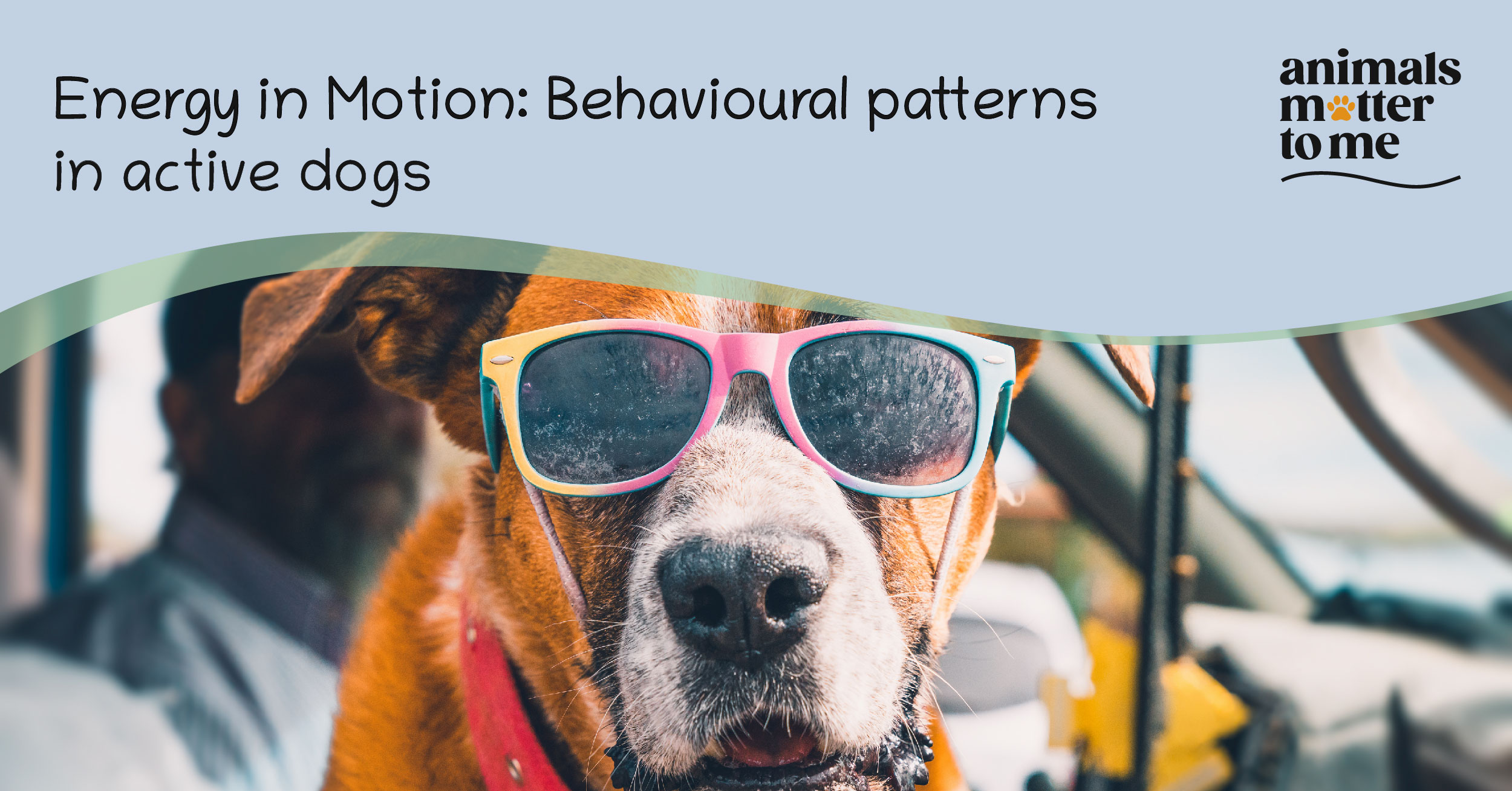The energy levels of living beings directly affect their behaviour. Dogs are no exception. Thus, your dog’s behaviour will also be greatly influenced by their energy levels. If a dog is tired, they are more likely to be calm. They will not be hyperactive if they are tired and as a result, they will be less prone to engaging in destructive or naughty behaviour.
A dog’s energy level is affected by several factors, including ‘age, breed, individual temperament, and overall health.’ Some ways in which energy levels can impact a dog’s behaviour are:
Hyperactivity: Dogs with high energy levels may exhibit hyperactive behaviours like excessive jumping, running, and barking. They may have difficulty staying calm and focused.
Destructive behaviour: Dogs having excess energy may engage in destructive behaviours for releasing their pent-up energy and boredom. These can include chewing furniture, digging holes, or tearing up household items.
Aggression: In some cases, dogs with high energy levels have been found to display aggressive behaviour, especially if they are not adequately exercised or stimulated. They may even become more reactive to certain triggers or situations.
Attention seeking: Dogs with high energy levels may constantly seek attention and playtime from their human companions/friends. If their energy needs are not met, they may become demanding and vocal, that is they may keep barking/howling unnecessarily or incessantly.
Anxiety and restlessness: Dogs with excess energy and insufficient outlets for physical and mental stimulation may develop anxiety and restlessness. This can lead to pacing, whining, or other similar behaviours.
Therefore, as a pet parent, you need to understand that maintaining a dog’s energy level is crucial for giving them appropriate care and for meeting their needs. Regular exercise, mental stimulation, and maintaining a consistent routine can help balance a dog’s energy levels and make them more focused and well-behaved.
Tired dogs are more inclined to rest and sleep, which helps them recover from physical and mental exertion. Regular exercise and mental stimulation are essential for a dog’s well-being, as they help them burn off excess energy and prevent boredom. Additionally, dogs with lower energy levels may display more relaxed and laid-back behaviours. They may be content with shorter play sessions and quieter moments, making them suitable for families or individuals with a more relaxed lifestyle. Thus, enough physical and mental exercise can help you keep your furry friend well-behaved and content. And, a consistent routine that includes designated periods of rest and walking outdoors, can contribute to a calmer and less naughty behaviour in dogs.




